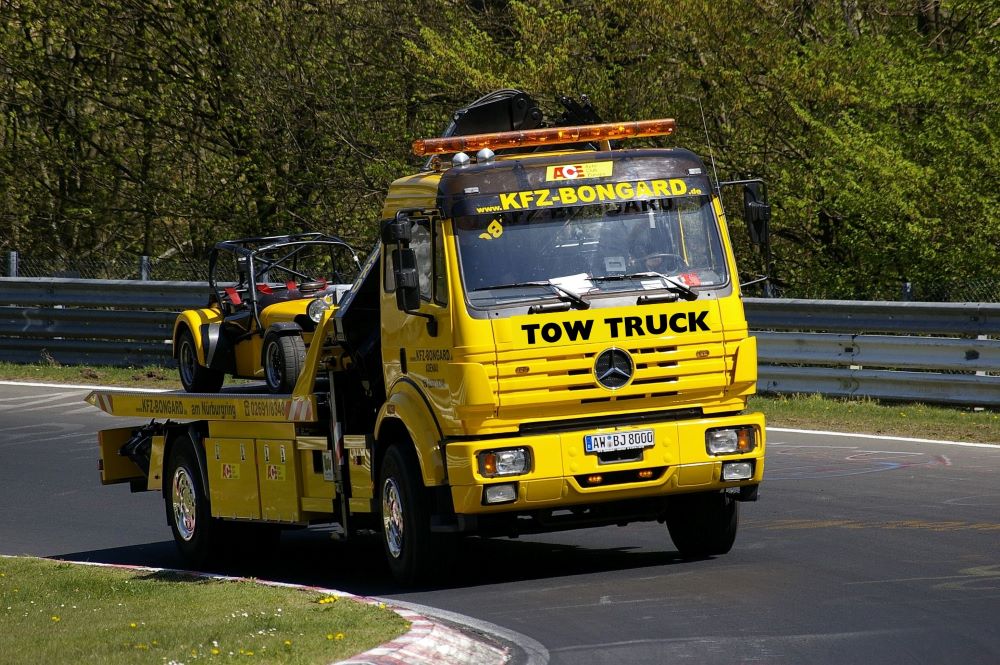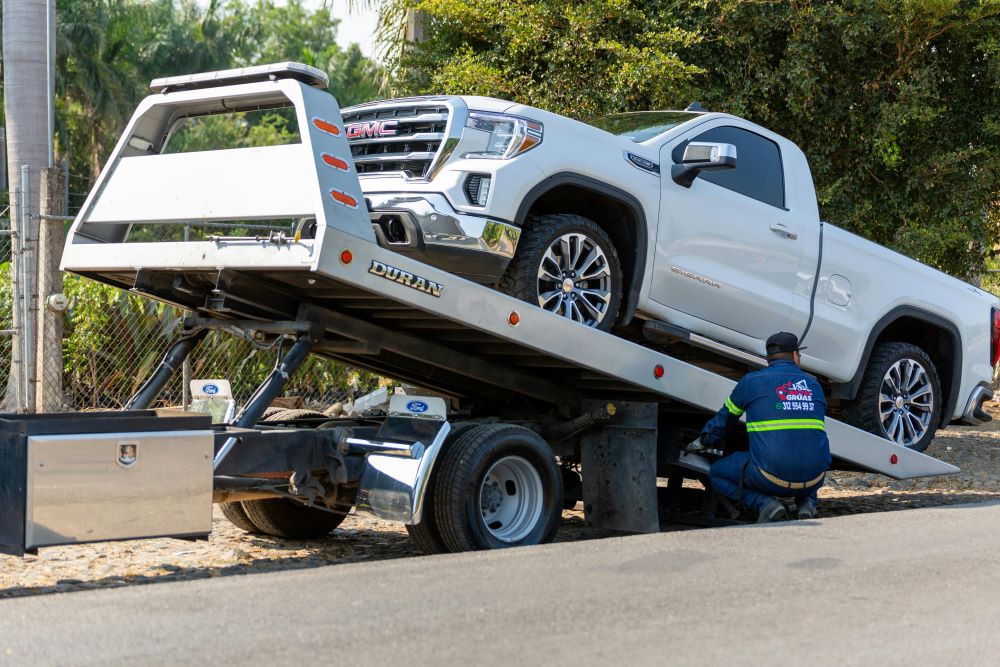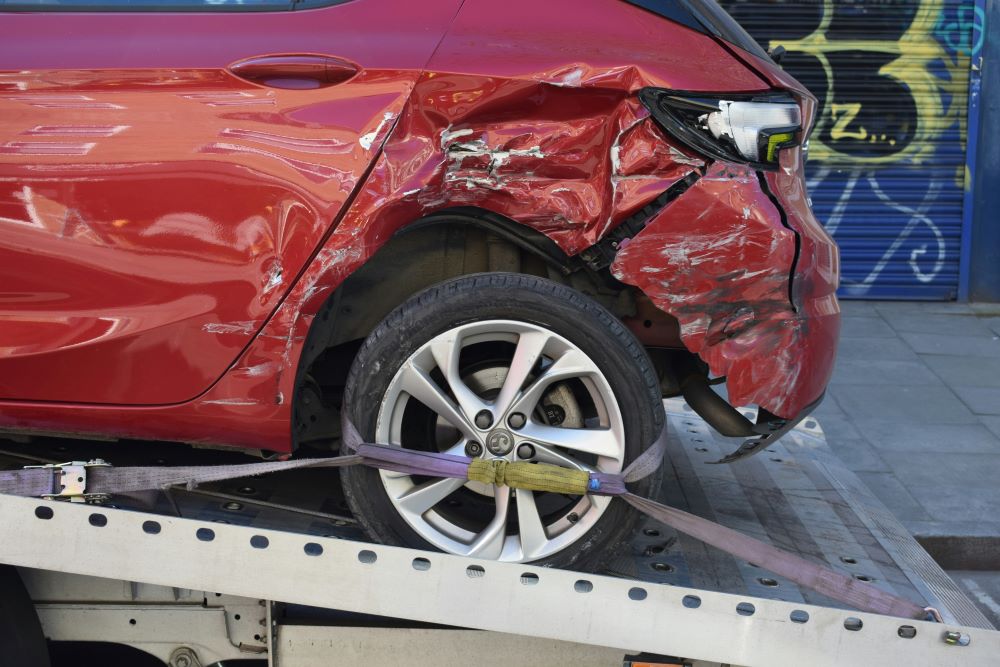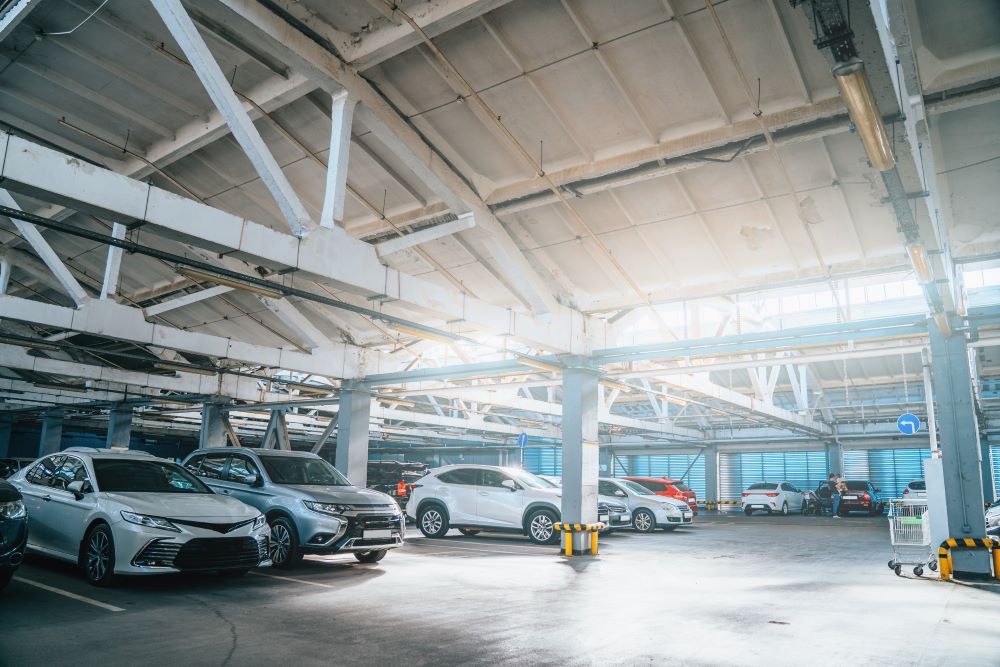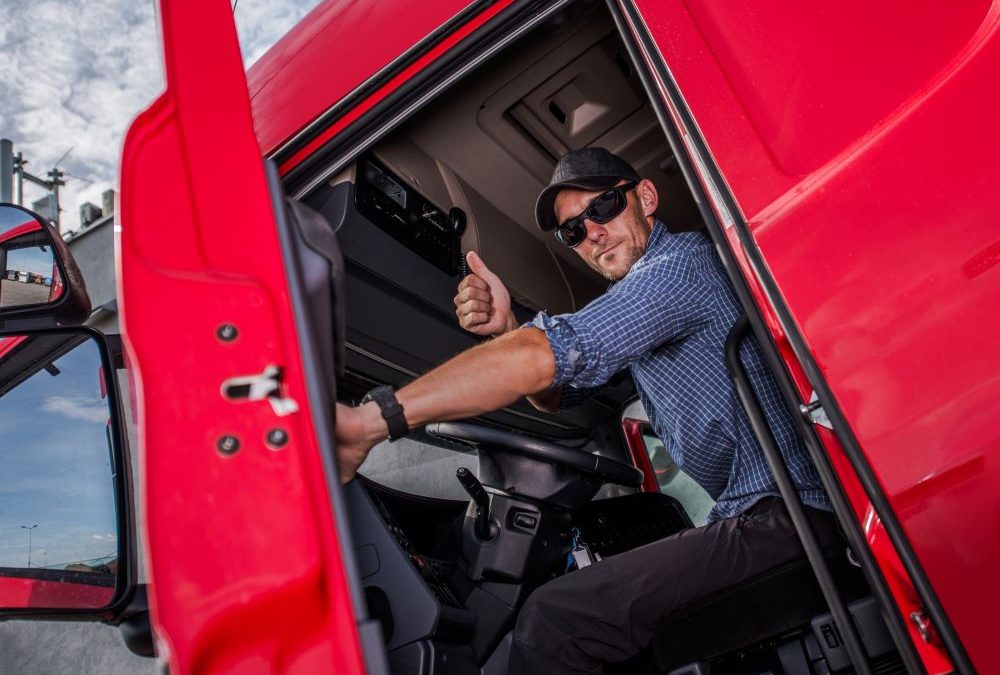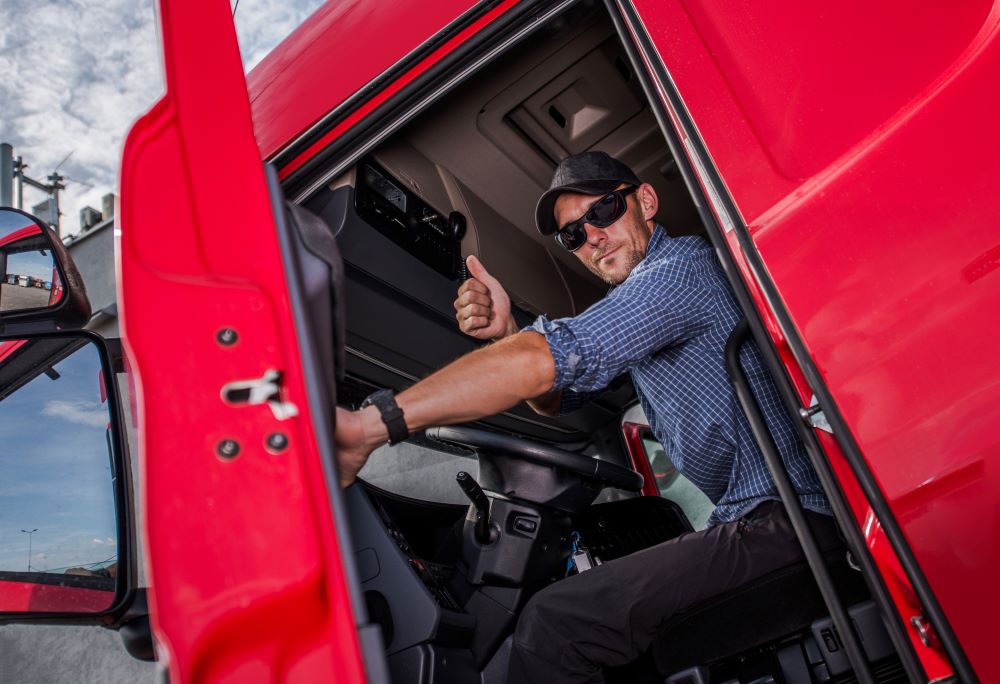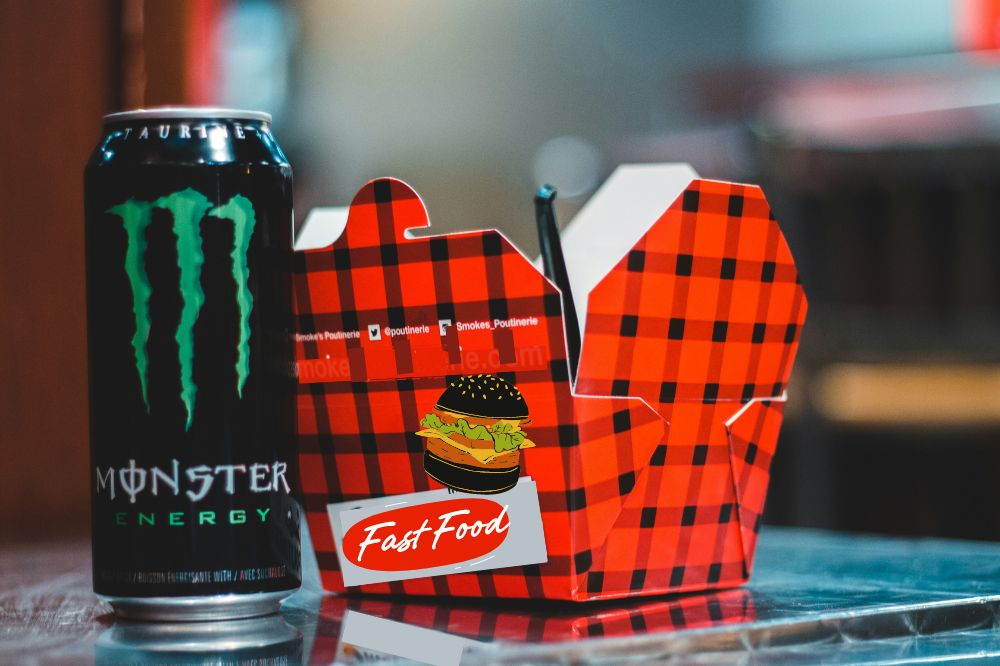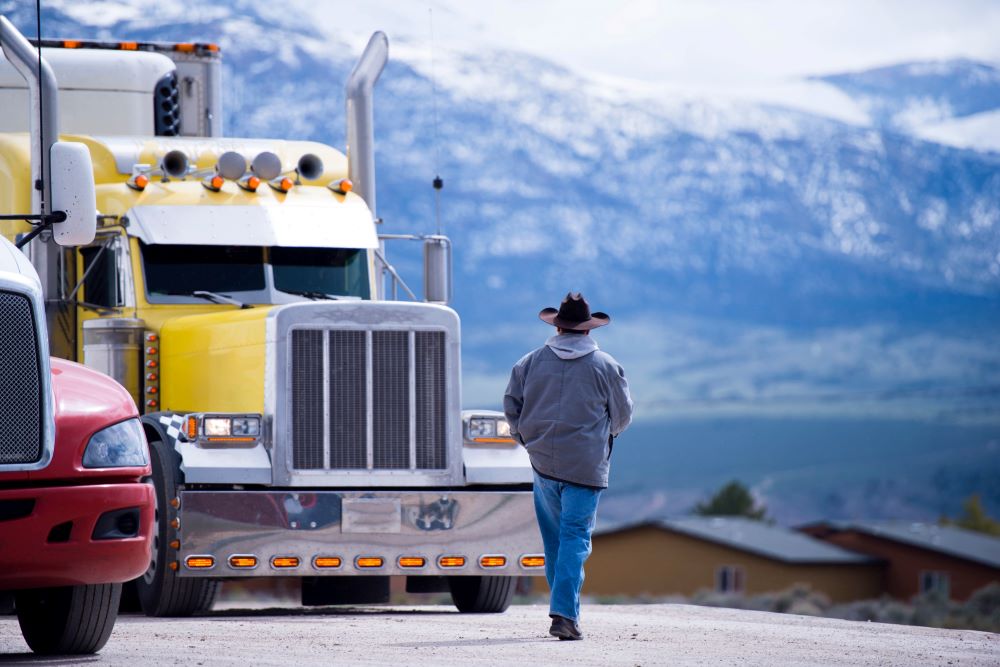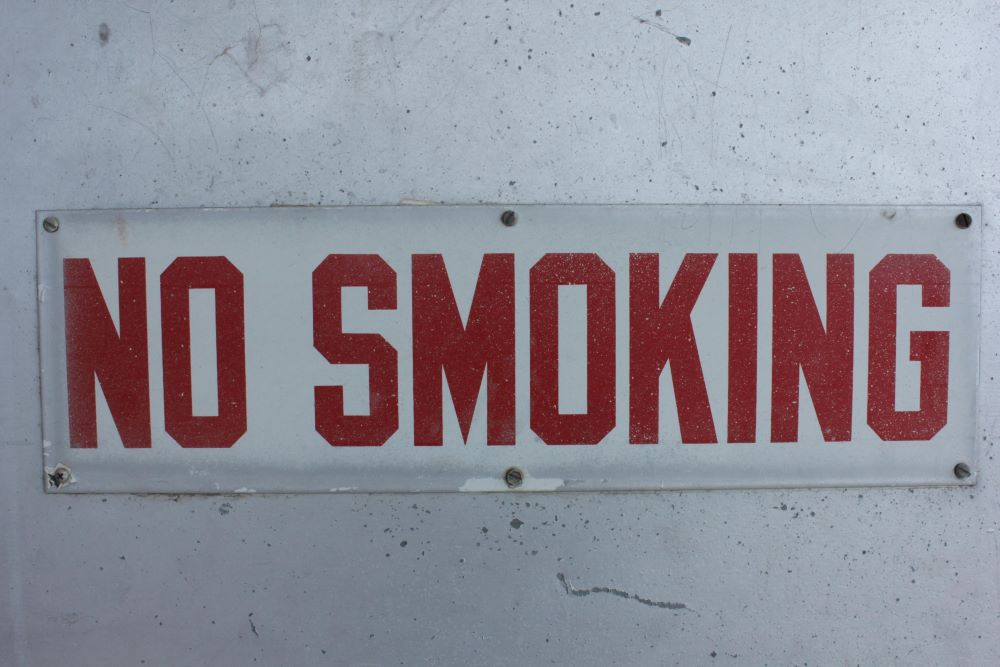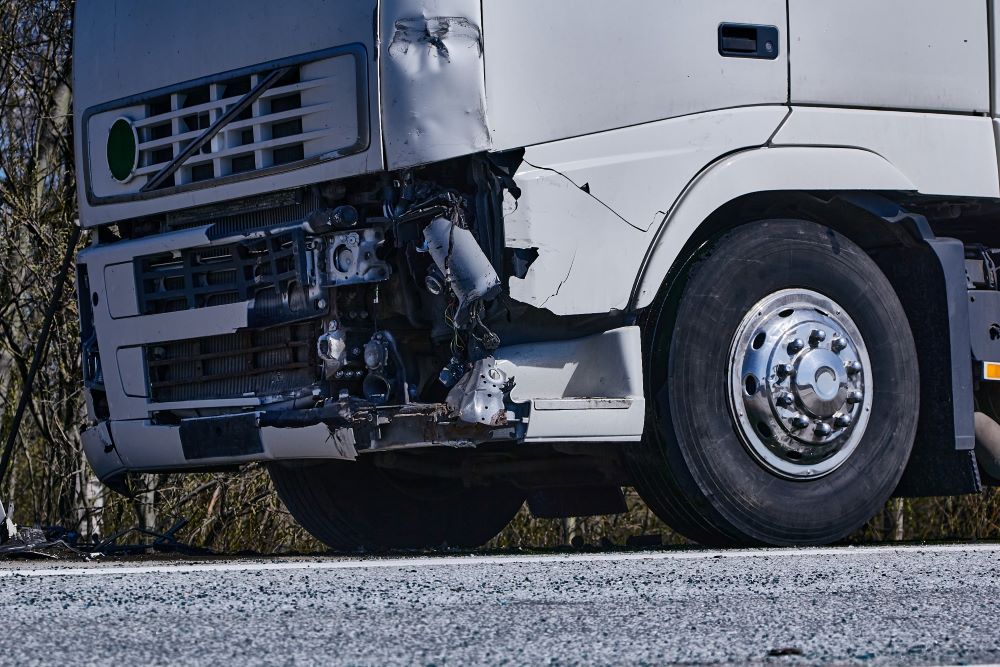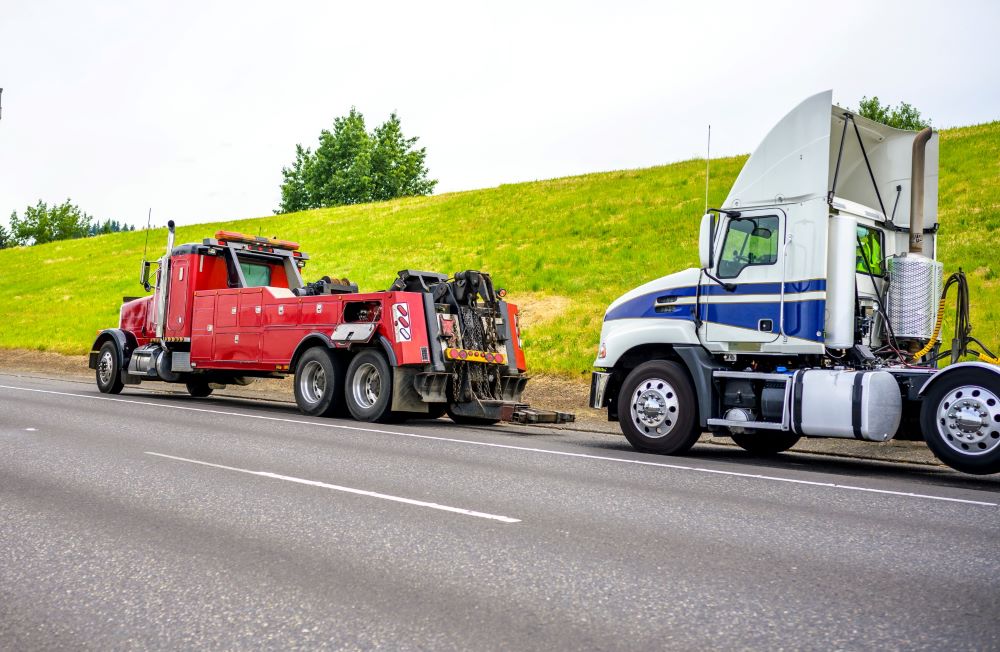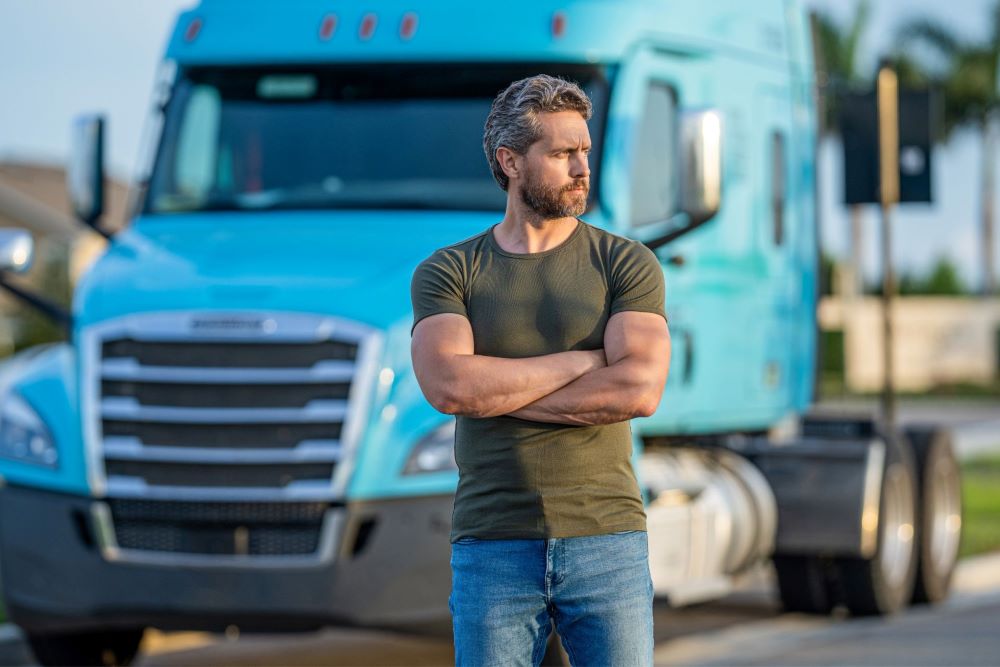Getting the right commercial vehicle insurance is essential for any truck driver. While long-term policies are the norm, there are certain scenarios where you may need a temporary insurance policy. Making use of these policies is important, as you need to ensure your vehicle is properly covered whenever it’s on the road.
In this guide, we’ll break down what you need to know about temporary truck insurance – including options for 30-day and 24-hour insurance policies.
What is Short-Term Truck Insurance?
Short-term truck insurance is a temporary insurance policy that provides coverage for commercial trucks for a limited duration.
This type of insurance meets the specific needs of trucking companies or owner-operators who don’t require year-round coverage.
Why Do Truckers Need Temporary Truck Insurance?
Instead of opting for permanent insurance, truckers might choose short-term trucking insurance they can use for specific business circumstances. These include:
- Temporary operations: When a trucking company or owner-operator needs coverage for a brief period, such as during a special project.
- Seasonal work: Some trucking businesses experience seasonal fluctuations in demand. Short-term insurance allows them to obtain coverage only during the busy seasons when their trucks are in operation.
- Rental or borrowed vehicles: If a company temporarily adds a truck to its fleet or borrows a vehicle, short-term insurance can provide coverage for the duration of use.
- Testing or maintenance periods: When a truck is undergoing testing, repairs, or maintenance and won’t be on the road for an extended period, short-term insurance can help maintain coverage without the need for a full annual policy.
What Does Temporary Commercial Insurance Cover?
This insurance type covers various aspects of commercial operations. It includes non-trucking liability insurance, which protects against third-party claims.
Temporary commercial insurance often includes coverage for physical damage to owned or leased vehicles, protecting against losses such as collisions or theft.
The specific coverage details of your temporary policy may vary based on your needs. After all, the main purpose of temporary commercial insurance, or temporary bobtail insurance, is to provide flexibility.
What is Not Covered by Temporary Commercial Insurance Cover?
While temporary commercial insurance covers specific short-term needs, it commonly does not provide coverage for certain areas.
This typically includes pre-existing damage to vehicles, intentional acts of the insured that result in damage, and certain types of high-risk activities.
Insurance policies may also exclude coverage for non-business-related use of commercial vehicles.
Policies may also have limitations on coverage for specific types of cargo or may exclude certain hazardous materials. Temporary bobtail insurance or non-trucking liability insurance may also require a unique policy.
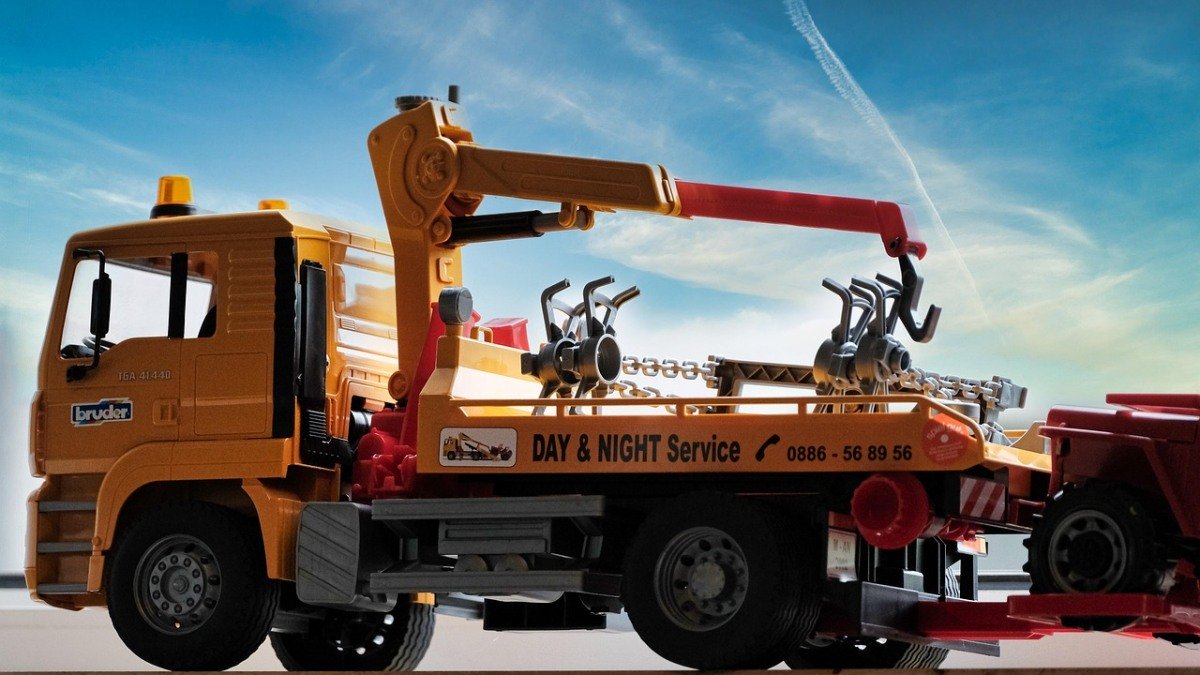
Types of Temporary Insurance for Commercial Vehicles
As a motor carrier, you can choose between various types of temporary coverage. Here are two of the main credible insurance coverage options over a temporary period.
30 Day Short Term Truck Insurance
30-day short-term truck insurance provides coverage for commercial vehicles lasting for a month.
It typically covers liability, physical damage, and other relevant aspects of commercial truck insurance for the designated 30-day period.
24-Hour Truck Insurance
24-hour truck insurance offers coverage for commercial vehicles on a daily basis. This type of insurance is designed for situations where coverage is needed for a very brief period, sometimes just a single day.
Who Needs 24-Hour Truck Insurance?
Here are two common scenarios where 24-hour insurance is used.
Transporting a New Truck
Businesses transporting a new truck from the dealership may opt for 24-hour truck insurance to ensure the vehicle is properly covered during its journey.
Moving Your Truck for Repairs
When a commercial truck needs to be moved for repairs or maintenance, 24-hour truck insurance can be valuable. It provides coverage for the brief period the truck is in transit to the repair facility.
Coverage Included in a 24-Hour Truck Insurance Policy
A 24-hour truck insurance policy typically includes essential coverage for the brief duration that it’s active. This type of insurance commonly provides liability coverage, protecting against third-party claims for bodily injury or property damage caused by the insured truck.
Physical damage coverage is also a standard inclusion, covering the cost of repairs to the insured truck in the event of accidents, collisions, or theft.
Additional coverage could be available depending on the policy and provider. While it offers temporary protection, it makes sure that the commercial truck and its operators are properly insured during the specific 24-hour time frame.
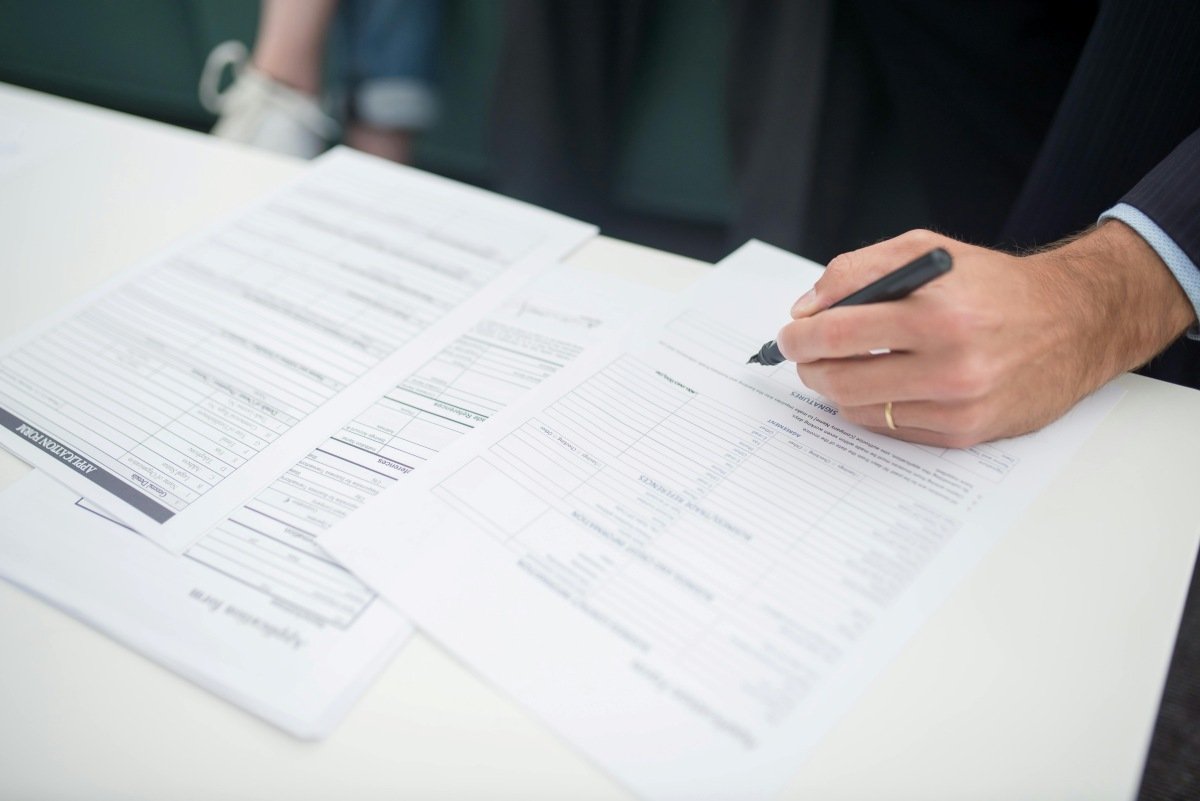
Factors That Affect The Short Haul Insurance Cost
Various factors influence the cost of short-haul insurance for commercial vehicles. It’s important that you understand these factors to help you get the best possible temporary policy for your needs.
The main things include the driving records of the operators, with a history of accidents or violations leading to higher premiums. The type and value of the commercial vehicles being insured also play a big role, as more expensive or specialized vehicles will typically cost more.
The coverage limits and deductibles chosen by the policyholder also impact the premium, with higher limits and lower deductibles typically resulting in increased costs.
The geographic area of operation, the nature of the cargo being transported, and the distance of the short-haul routes also add to determining the insurance cost. Insurers might also consider the safety features of the vehicles and any risk management practices implemented by the business.
Final Thoughts
As an owner-operator, protecting your truck is a top priority. This is why having the right insurance coverage at all times is critical for successfully and safely running your business.
Even if it is just a quick drive from the dealership to your facility, you need to make sure that your vehicle is always insured. Making use of temporary insurance policies can be incredibly valuable here, offering an essential safety net in case of an emergency.
Are you looking to purchase a new truck? Then getting the right financing is your first step. See what we offer at Mission Financial Services- the easiest way for truck drivers and owner-operators to acquire financing for a commercial vehicle.


